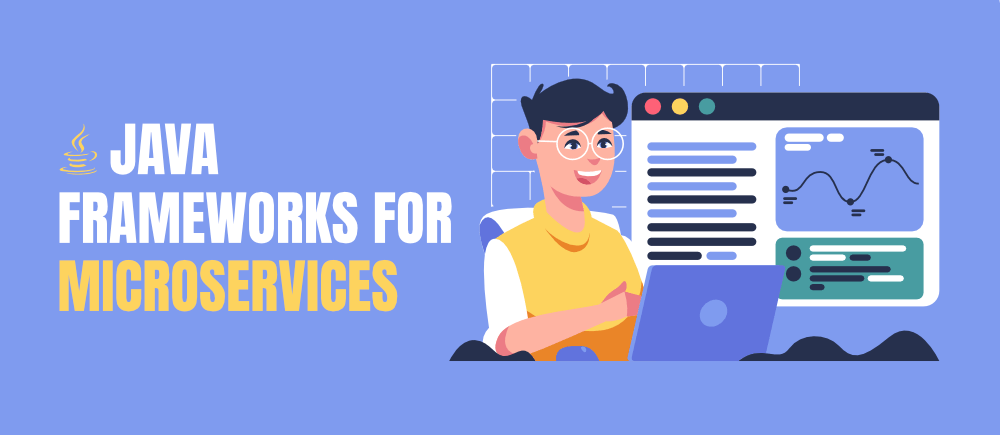
Are you looking for the ideal Java Frameworks for Microservices and Cloud Native Development? Then look no further! This blog will present a comprehensive review of the top five Java frameworks that excel in creating cloud native applications with remarkable speed and proficiency.
Whether you’re a developer or a business owner looking for a cost-efficient and efficient solution, these frameworks will provide the necessary assistance.
Keep reading to discover the top Java Frameworks for Cloud Native Development.
#1. Spring Bot
Spring Boot has quickly become a go-to for building microservices, providing a straightforward experience for developers. It streamlines configuration and incorporates a host of beneficial defaults, along with the ability to rapidly develop web apps, REST APIs, and batch jobs.
The framework works hand-in-hand with other Spring projects such as Spring Cloud, making it ideal for cloud-native projects. Thanks to its robust capabilities, Spring Boot is highly recommended for microservices that need to be scalable, dependable, and efficient.
It is one of the most popular frameworks among developers, enterprises, and Java development services for accomplishing remarkable projects.
#2. DropWizard
Dropwizard is a Java framework that simplifies building and deploying microservices with a range of top libraries, including Jetty, Jersey, and Jackson. It’s a lightweight package that provides minimal configuration, with essential components such as database migration, testing, and monitoring tools.
Developers also enjoy its modular architecture, allowing for easy extension and maintenance of RESTful web services. Other useful features include YAML configuration, automatic logging, and metrics, perfect for producing microservices for a production environment.
In short, Dropwizard is an ideal choice for creating cloud-based microservices with exceptional scalability and performance.
#3. Micronaut
Built with microservices in mind, Micronaut is a lightweight Java-based framework that provides developers with a quick start-up time and minimal resource consumption. Packed with essential features such as reactive programming, declarative HTTP clients.
And service discovery, as well as integrations with Apache Kafka and MongoDB, Micronaut stands out due to its compile-time dependency injection. This injection method grants developers faster startup times and improved performance than that of traditional runtime injection frameworks.
In short, Micronaut is an all-encompassing and reliable option for cloud-native development.
#4. Quarkus
Quarkus is an innovative Java framework that is cloud-native and focused on improving performance and shortening start-up time. By taking advantage of a lightweight runtime, developers are presented with a powerful toolkit to create and manage microservices architecture.
As a result, users are granted swift development cycles and access to GraalVM’s native-image technology, granting instantaneous startup of applications. Furthermore, Quarkus offers backing for a vast array of popular libraries and protocols, like Eclipse MicroProfile, Kubernetes, and Docker, that are ideal for building cloud-native applications with Java.
#5. Helidon
Built as an open-source Java framework, Helidon is designed to construct cloud-native microservices. With a lightweight structure and reactive programming model, it gives two programming options:
- Helidon SE for a lower-level and faster boot time.
- Helidon MP for the Java EE programming model.
Furthermore, Helidon is compatible with several application servers, such as Tomcat and WebLogic, and provides great features like health checks, metrics, and fault tolerance. As a result, Helidon is the perfect option for creating cloud-native applications.
Conclusion
Clearly, all of these Java frameworks for microservices and cloud-native environments are development-friendly tools that help you meet deadlines and desired security standards. So, if you are thinking of creating a cutting-edge software solution, hire Java developers with eloquent expertise in any of these frameworks.
Moreover, make sure that you pick the right tool that suits your needs by keeping your project in mind and the features of the framework.

